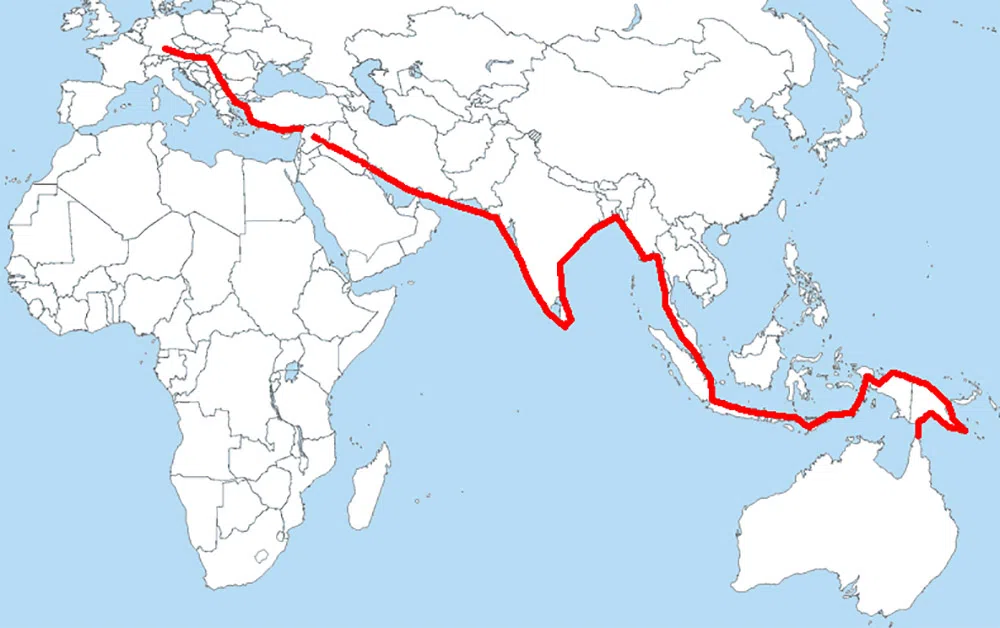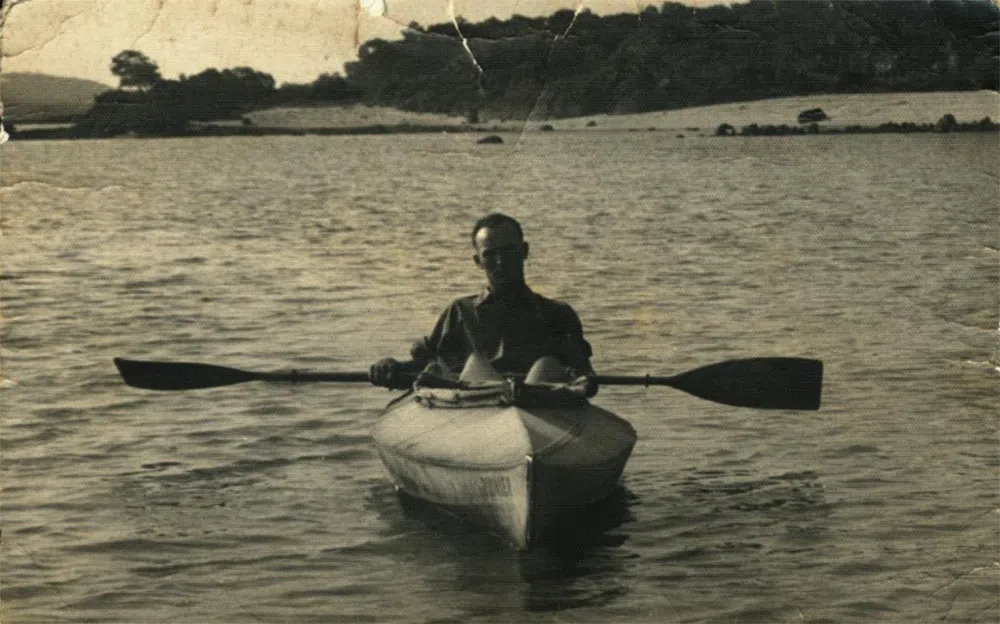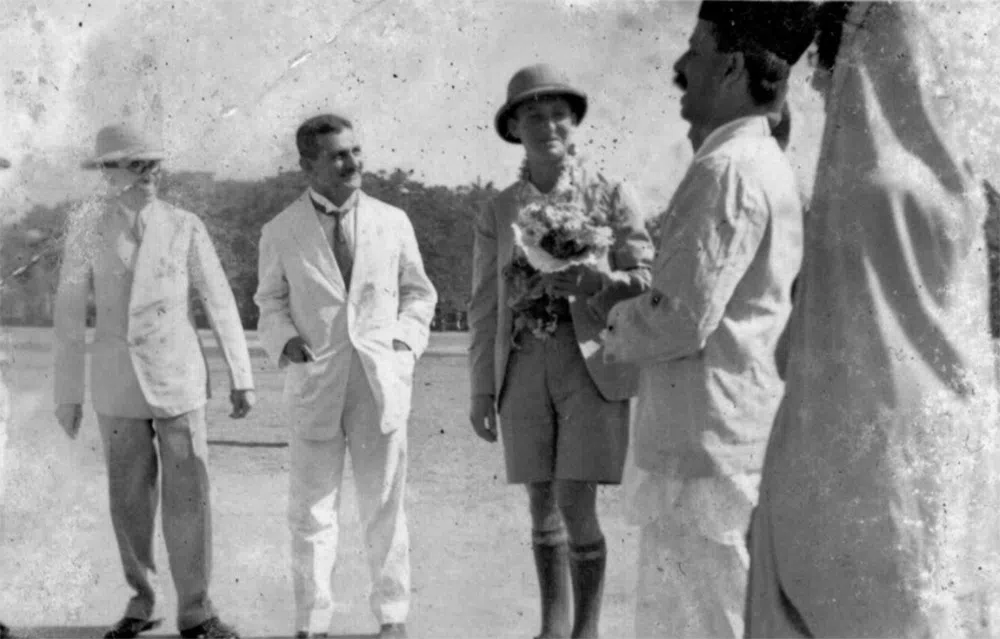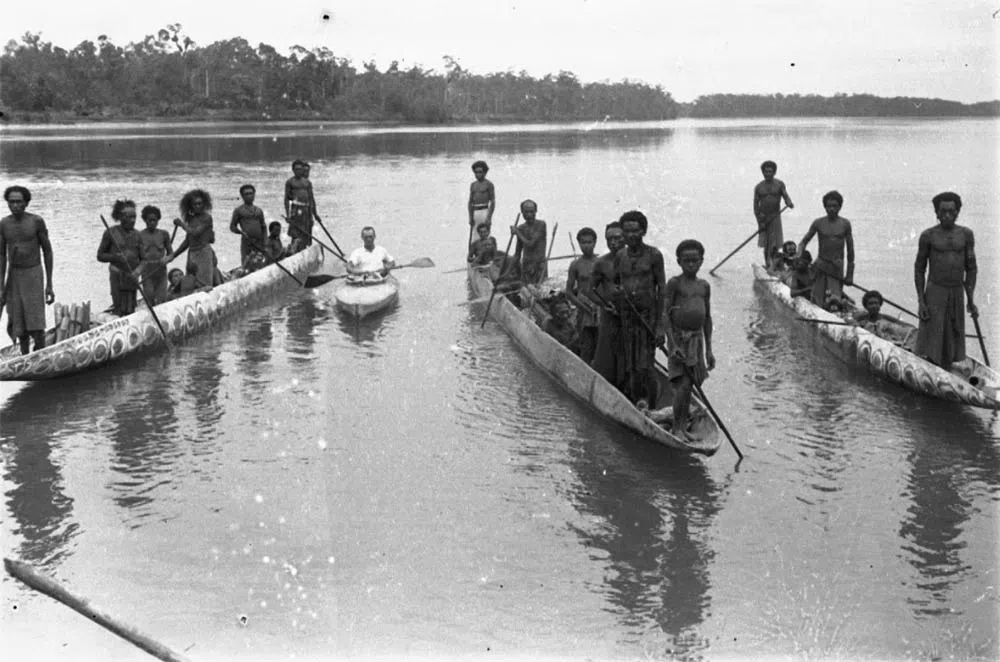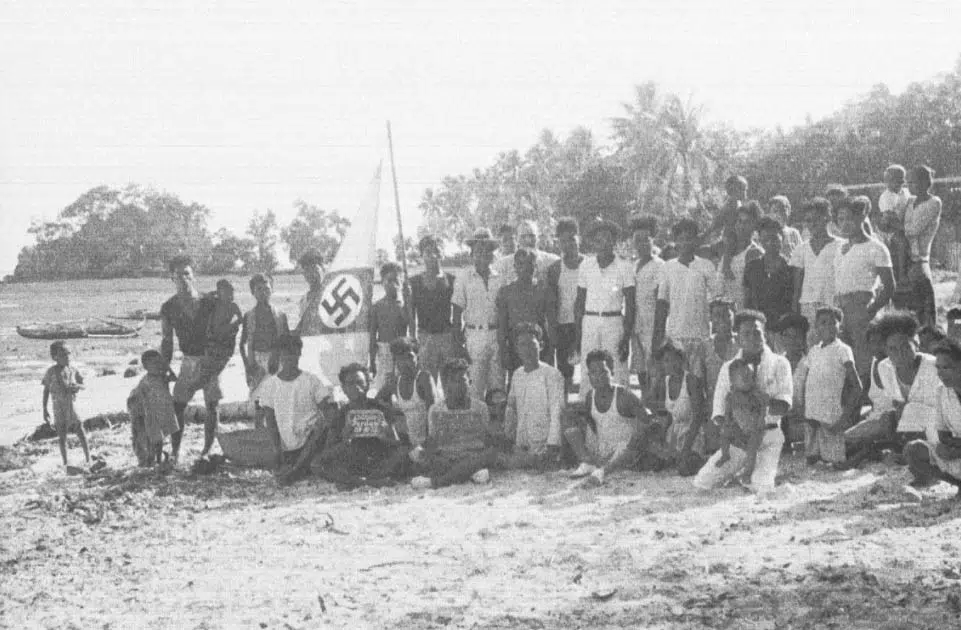
The 1930s Kayak Journey from Germany to Australia
Featured in Ripley's Believe It or Not!
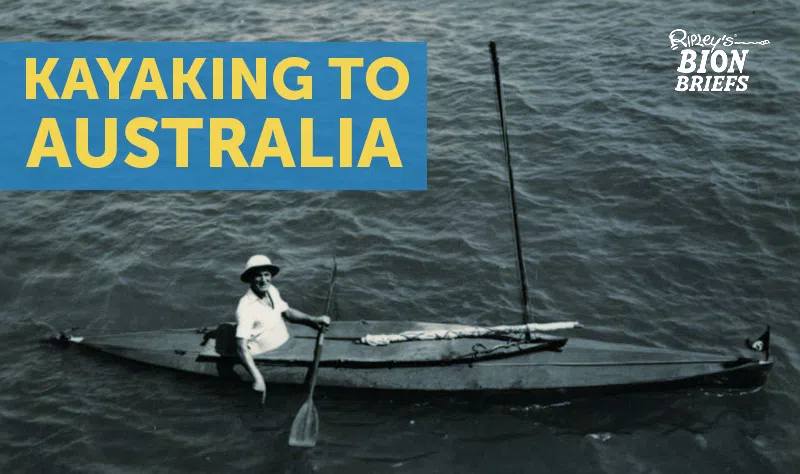
Oskar Speck
Born just before the outbreak of World War I and growing up in the impoverished Wymar Republic, Oskar Speck was dissatisfied with the winds of fate in Germany. In 1933, he set his folding kayak in the Danube River and paddled south for Cyprus in the Mediterranean Sea. Eventually, he would extend his voyage all the way to Australia, becoming a daring adventurer.

